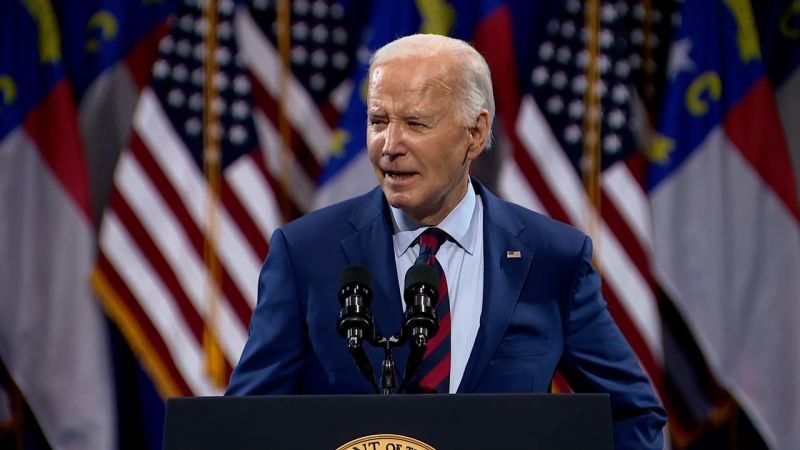President Joe Biden announced Thursday $3 billion toward identifying and replacing the nation’s unsafe lead pipes, a long-sought move to improve public health and clean drinking water that will be paid for by the Bipartisan Infrastructure Law.
Biden unveiled the new funding in North Carolina, a battleground state Democrats have lost to Donald Trump in the past two presidential elections but are feeling more bullish toward due to an abortion measure on the state’s ballot this November.
…
The Environmental Protection Agency will invest $3 billion in the lead pipe effort annually through 2026, Administrator Michael Regan told reporters. He said that nearly 50% of the funding will go to disadvantaged communities – and a fact sheet from the Biden administration noted that “lead exposure disproportionately affects communities of color and low-income families.”



If that’s really how that works, then I can see why the expense has been kicked down the line so long. I worry this allocated money won’t be enough then and that we’re probably talking “show” money vs “getting things done” money.
It’s complicated how it’s funded, but this isn’t the first or last time we’ve allocated funds for this.
https://www.epa.gov/dwsrf
https://www.epa.gov/water-infrastructure/bipartisan-infrastructure-law-srf-funding-status
Basically, in 1996 we setup a program to make it easier for states to get federal money for water improvements, either via long term loans or grants.
The EPA then doles out the money, and it trickles back over time from loan repayments. That’s why with $21 billion in funding they’ve provided $41 billion in investments.
Periodically Congress adds some more money to the fund, but it’s largely the feds turning the massive one time costs of these projects into reasonable long term investments.
The Bipartisan Infrastructure Law dumped something like $50 billion into that fund, which is a lot more than it usually has, and $15 billion of which is allocated to lead pipes replacement.
After a round of assessments of pipes and applications from different water providers, the EPA put together a $3 billion package of the most high priority projects that can get started this year.
Then Biden signed the order to issue the round of funding according to EPA recommendations.
This is more like the first big paycheck after getting a new job than winning the lottery.